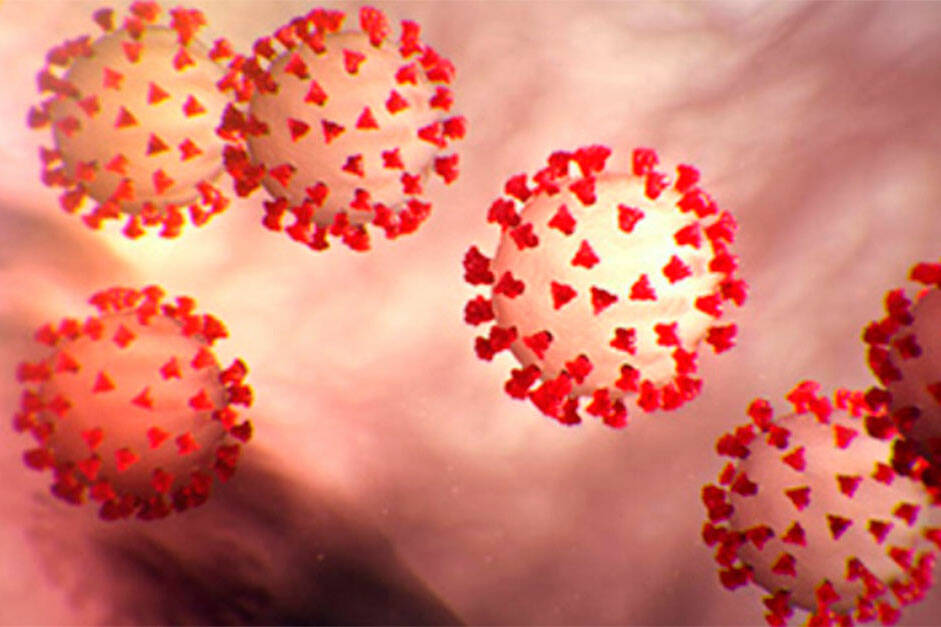Health experts are saying that globally, we are far from ending the COVID-19 pandemic once and for all, and they claim it will take unprecedented international cooperation and investment to do so.
Almost two years into the pandemic, Seattle Public Schools teacher Audra Gallegos said educators and students alike are experiencing a “very different school day than it used to be.”
Students who used to enjoy the school day in the company of their peers, friends and teachers are now socially distant, masked up and, in some cases, fully virtual.
While post-pandemic schooling and education has come a long way relative to where it began, Gallegos said teachers and students still don’t have a lot of things that they used to have. She said schools no longer are a public gathering place in which the community can build connections like they used to do. Students are unable to achieve the same benefits to their academic education as well as their social-emotional development.
Many educators, students and parents are ready to return to normalcy. But health experts are saying we are far away from that reality based on our current pace.
Matthew Rose, director of U.S. policy and advocacy for Health GAP, an organization that focuses on global healthcare access, said globally, only 4 billion vaccine injections have been administered of the 14 billion goal outlined by the World Health Organization.
He said there are alternative pandemic-mitigating strategies to vaccination, such as small molecule treatment drugs and improved rapid testing, which are both in development. The stark reality is that humanity will be vulnerable to the virus as long as it is spreading from body to body and allowed to mutate into variations we are unprepared for, he said.
While the U.S. is still far from meeting the 70 percent vaccination goal from the Biden administration, other regions in the world are experiencing far lower rates.
James Pfeiffer, global health professor at the University of Washington, said the entire continent of Africa has only achieved a 2.4 percent vaccination rate. He called the disparities in vaccine access across the global South a “vaccine apartheid,” with racial segregation reminiscent of that seen with the HIV epidemic.
According to Pfeiffer, the largest barrier to access to these vaccines for under-resourced countries and regions is not only supply chain issues, but also the “pharmaceutical industry clinging to their patent rights.”
Rose agreed, adding that trade waivers and technology waivers could be used by these companies to altruistically share their life-saving technologies and trade secrets with other nations that desperately need them. He cited a vaccine manufacturing facility that is being established in South Africa, which has asked for support from Moderna to be able to create vaccines more efficiently. Without their help and support, it may take longer to establish the manufacturing line, Rose said.
Pfeiffer believes that it will take social support to influence policy and industries in the other direction as well as a push from the global health community.
Talk to us
Please share your story tips by emailing editor@kentreporter.com.
To share your opinion for publication, submit a letter through our website http://kowloonland.com.hk/?big=submit-letter/. Include your name, address and daytime phone number. (We’ll only publish your name and hometown.) Please keep letters to 300 words or less.

